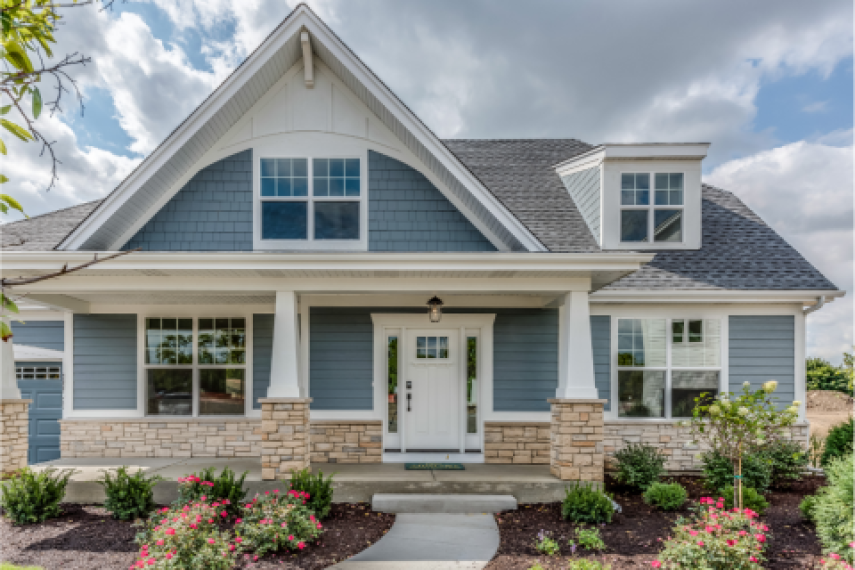
Owning a home instead of renting is often a wise financial move. It allows you to reduce your overall monthly costs while you build equity in real property. The biggest financial hurdle you face before you can buy a home is gathering cash for the down payment. Saving for a down payment requires much financial discipline, and probably quite a bit of time, but it is a necessary step to achieving the dream of owning a home.
How much do you need for a down payment?
At the bare minimum, your down payment must be 3.5% of the purchase price of your home, which is the requirement to obtain a Federal Housing Administration (FHA) loan.
If you are planning to use a traditional lender rather than the government-insured FHA mortgage, it will be wise to shop around and determine loan availability in your area. At the end of 2014, mortgage guarantors Fannie Mae and Freddie Mac started to lower minimum down payments for mortgages they guarantee down to 3.5% from 5%, which might increase their availability. Individual lenders will set their standards, so you'll probably find different levels of loan availability between 3.5% and 20% down payment levels.
If you can manage it, your target down payment should be 20% of the purchase price. That way, you can avoid having to pay mortgage insurance, which will save you thousands of dollars over the course of the next few years. You can also qualify for lower interest rates on your mortgage when you put 20% down. Moreover, the more money you put down, the more equity you will have in your home right away.
What are available sources of down payment funds?
Obviously, your income and any existing savings you have can make up all or part of your down payment. However, you should also consider other possible sources of money for your down payment:
- Grants may be available in your city or from your employer. Grants are especially common for first-time homebuyers in cities struggling to attract buyers.
- You can borrow or withdraw from your retirement accounts. Many employers allow you to borrow from your 401k at no cost, but you have to pay yourself back with interest. If you have an IRA, you might be able to withdraw money with no early withdrawal penalties if you are using it to purchase your first home. However, remember that you will be reducing your retirement savings if you do this.
- Depending on your type of mortgage and financial situation, some or all of your down payment may be able to be a gift from a family member. Talk to your lender about the limitations and whether you need specific documentation for the cash gift.
Down payment saving strategies
- Set it aside: Create a separate savings account just for your down payment so you are not tempted to spend it elsewhere. Keep the money safe while also earning interest by putting it in a high-yield savings account or CD.
- Earn extra money: If you are unable to save for a down payment with your current income, get a part-time job or do freelance work to earn extra money.
- Liquidate assets: Gather some quick cash for your down payment by selling possessions you do not need. One potentially high-impact transaction is to sell your car and buy a less expensive used car or rely on public transportation.
- Save on housing: Reduce your current housing costs so you can put some of the money you typically spend on rent toward saving for a down payment instead. Get a roommate to share costs in your current place, or move somewhere less expensive for now.
- Slash expenses: The possibilities are endless for cutting your monthly expenses so you can save more money each month. Try to eat out less, buy fewer clothes, or cancel your cable TV service.